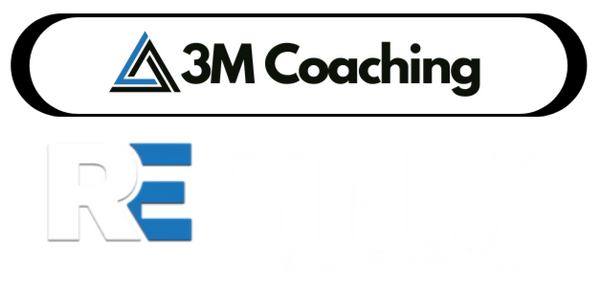If you train hard and often, chances are you'll end up with a sports related injury at some point. Whether it's a sprained ankle, a tweaked bicep, or something more serious, getting sidelined by a sports related injury is never fun. Aside from the physical restrictions on your mobility and activity levels, having to take time off from your training regimen can take a serious toll on you mentally.
Many people - men especially - worry about losing all their hard-earned gains in muscle strength, function, and hypertrophy during the recuperation period. Fortunately, however, there are proven ways to use your nutrition to maintain and even enhance your progress during recovery. Here are 3 important habits to adopt when recovering from an injury to help mitigate loss of muscle mass and promote a faster rebound.
1. Consume Sufficient Protein from Quality Sources.
Whether our muscles increase or decrease in size is attributable to a phenomenon called muscle protein balance. This is essentially the rate of muscle protein synthesis as compared to muscle protein breakdown. Stemming muscle loss requires a positive net protein balance, which can be accomplished by continuing to consume large amounts of protein or amino acids during the day.
According to scientific studies, consuming essential amino acids - also known as branched chain amino acids (BCAAs) - can help prevent loss of functional mobility and muscle mass while recovering from a sports related injury. The three BCAAs are leucine, isoleucine, and valine, although leucine tends to receive the most attention. In fact, research shows that supplementing with leucine alone can protect muscle health during periods of inactivity. Be sure to incorporate plenty of protein sources with high leucine content, including whey, beef, and chicken.
2. Don't Slash Your Caloric Intake.
When you're recuperating from a sports related injury, you're prone to be less active, expend less energy, and potentially experience a decrease in appetite. Particularly if you're laid up in bed or can't train for an extended period of time, you may be tempted to aggressively cut calories to compensate. However, it's well established that caloric deficits negatively impact muscle protein synthesis, which can lead to accelerated muscle loss.
Interestingly, your body's caloric needs actually may increase during recuperation, especially if you're dealing with a severe injury. This can come from inflammatory responses to the injury or having to ambulate using crutches or a wheelchair. Ultimately, significantly reducing calories during the recovery period could be counterproductive to both muscle preservation and the healing process.
3. Supplement with Creatine.
This one may surprise you, but taking creatine while recovering from a sports-related injury can be very beneficial. Supplementing with creatine has been shown to enhance muscle mass regeneration after periods of prolonged inactivity. Creatine also helps temper the reduction of GLUT-4, an important transporter protein responsible for glucose uptake in the skeletal muscle. Regardless of your general health and fitness level, creatine monohydrate supplements are incredibly safe and can be effective at preventing muscle mass atrophy during recovery.
